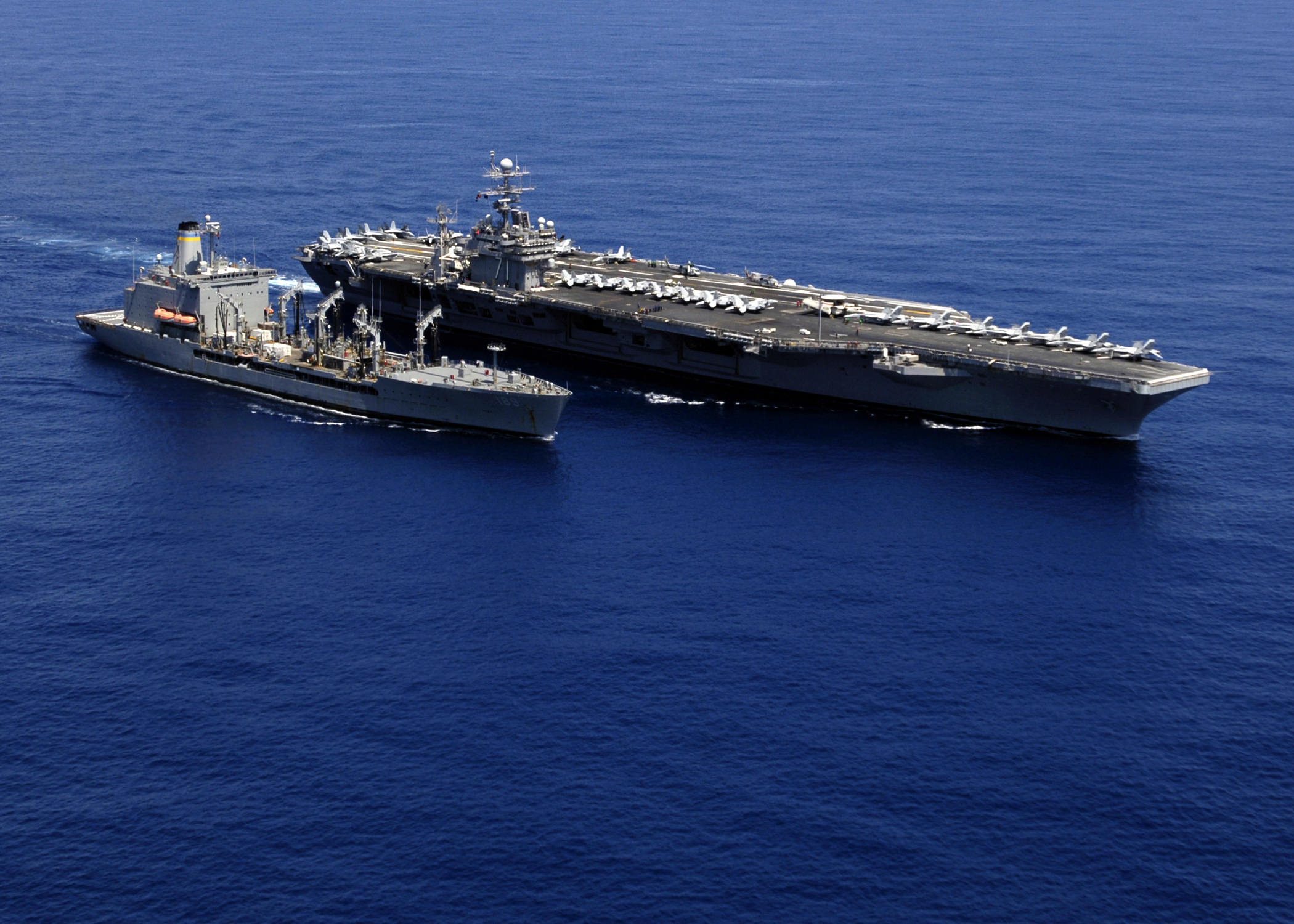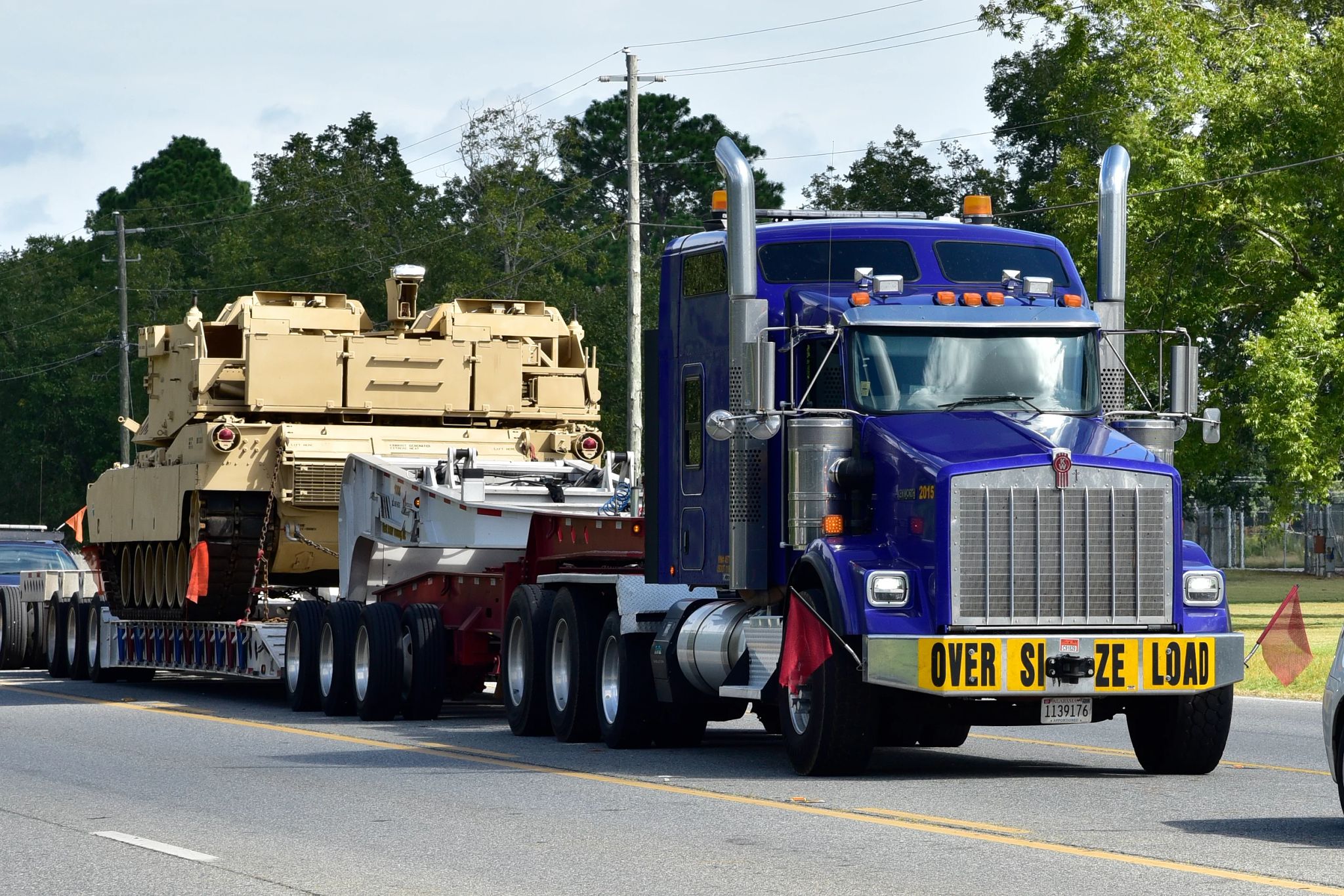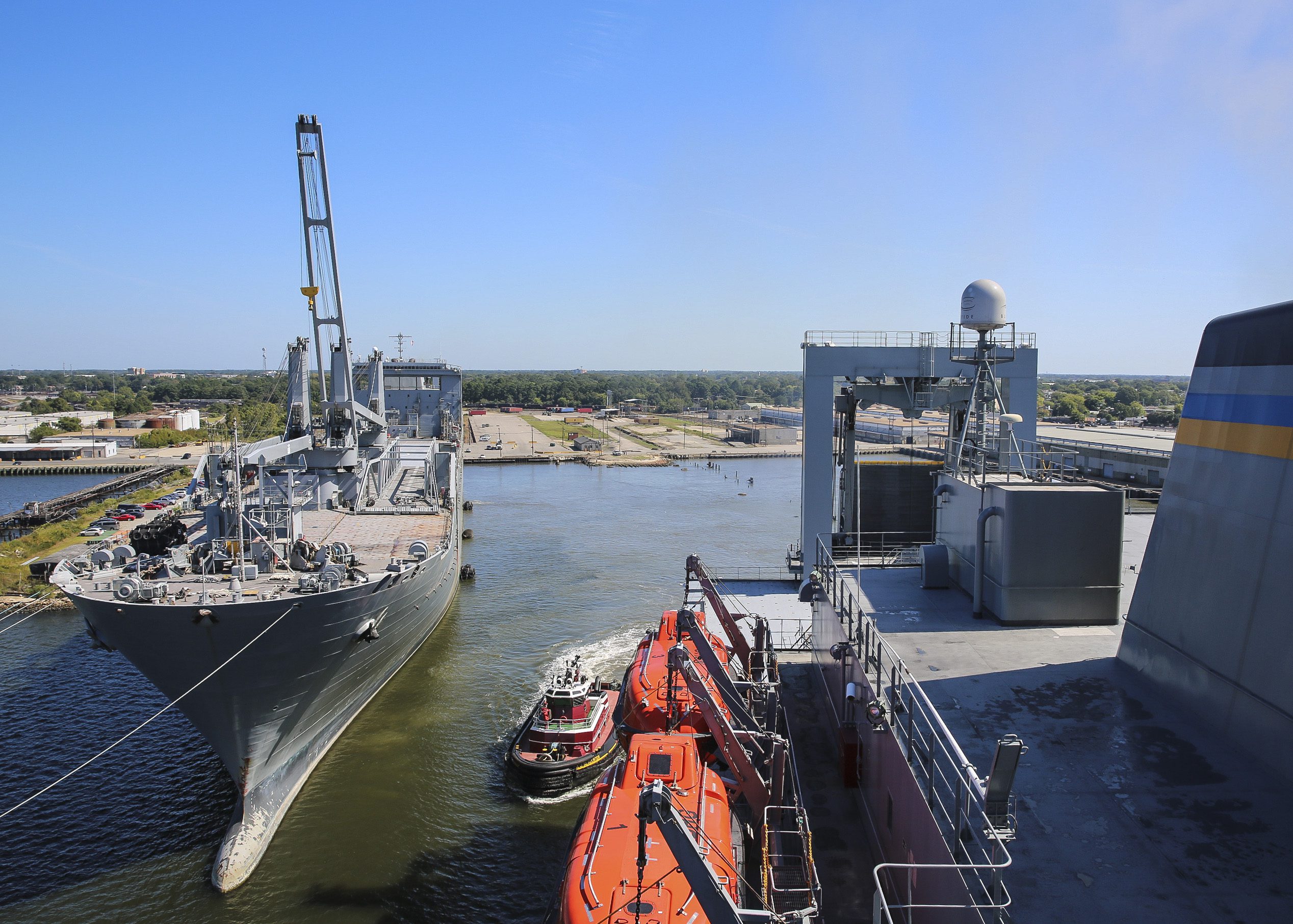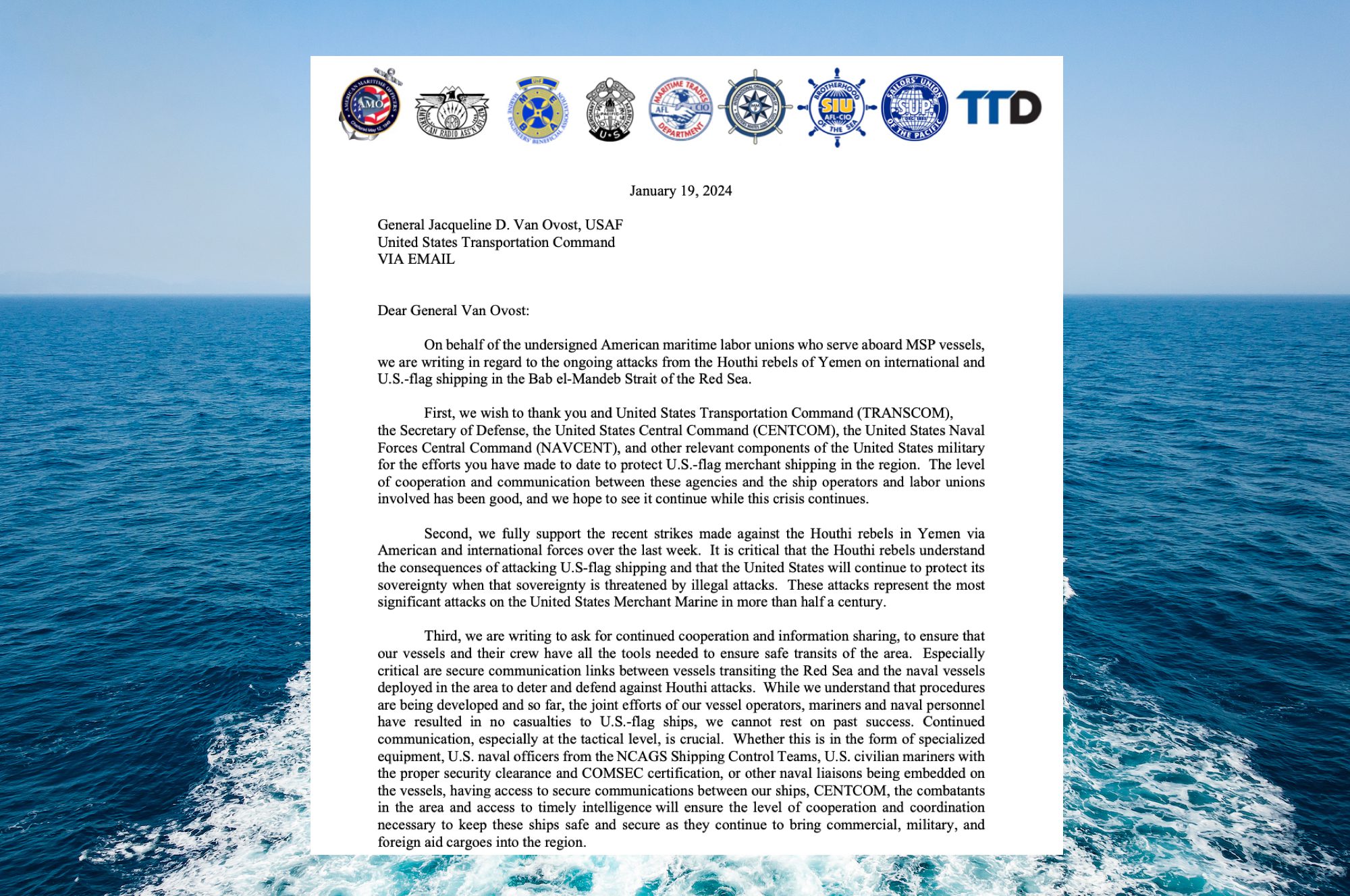The U.S. Transportation Command (USTRANSCOM) has officially taken on a new role as the sole manager for the management and delivery of all bulk fuel supplies for the U.S. Department of Defense.
This responsibility was assigned to USTRANSCOM by Congress through the 2022 National Defense Authorization Act (NDAA). The goal of this new role is to coordinate the efforts of various stakeholders in the Department of Defense’s bulk fuel supply chain in order to ensure the requirements of regional combatant commands are met.
As the manager, USTRANSCOM will address existing gaps in the joint petroleum enterprise, leading to improved processes for fuel movement and distribution before and during crises.
In April 2023, President Joe Biden signed the 2022 Unified Command Plan, which establishes the missions, responsibilities, and geographic areas of responsibility for the combat commands. Early last month, the Secretary of Defense officially designated USTRANSCOM as the Department of Defense’s single manager for global bulk fuel management and delivery (GBFMD) through a memorandum.
This new mission represents a significant departure from how commodities are traditionally handled within the Department of Defense Joint Logistics Enterprise. USTRANSCOM Commander Air Force Gen. Jacqueline Van Ovost emphasized the magnitude of this responsibility during a ceremony to mark the command’s new role at Scott Air Force Base, Illinois, on Monday.
“The magnitude of the command’s new responsibility cannot be understated,” said Commander Van Ovost. “TRANSCOM is a team of teams, in lockstep with the combatant commands, services, and Defense Logistics Agency. Together, we will continue to provide assured delivery to the warfighter.”
To fulfill its Integrated Materiel Management responsibility, USTRANSCOM collaborates closely with the Defense Logistics Agency in tasks such as procuring, transporting, and storing bulk fuel until it reaches the point of sale, and will continue to do so in this new role.
Guest speakers at yesterday’s ceremony included Deputy Assistant Secretary of Defense for Logistics Leigh Method and Defense Logistics Agency (DLA) Logistics Operations Director Rear Adm. Joseph Noble. They emphasized the importance of continued support to enable USTRANSCOM to achieve full operational capability by September 2024 and enhance the Defense Department’s ability to rapidly supply and deliver fuel to military forces worldwide.
The establishment of USTRANSCOM’s new role leverages the strengths of both USTRANSCOM and the DLA to ensure the Defense Department’s global fuel delivery capability, particularly in contested environments.
U.S. Transportation Command’s greater responsibility is in response to the reality of potential of high-intensity conflicts and the challenges they pose to logistics. Commander Ovost in May described this “revolutionary” approach to DOD logistics as “[injecting] a warfighting perspective and joint equity into what was previously a predominantly Service and Combat Support Agency-centered process.”
While the DLA has effectively managed bulk fuel in day-to-day operations, the changing nature of warfare necessitates new concepts of operation that have yet to be tested in conflict. The establishment of USTRANSCOM’s new role leverages the strengths of both USTRANSCOM and the DLA to ensure the DOD’s global fuel delivery capability, particularly in contested environments.
The Pentagon hopes that by enhancing the distribution of fuel, it can increase deterrence and support during crises, and bolster overall warfighting readiness.
“How we accomplish this mission relies on our relationships with each other,” said Commander Van Ovost.
“We will win together by adapting to the [Defense Secretary’s] priorities in the everchanging operational environment. We will adjust our posture, our capacity, [command and control], and integrate with the supported combatant commands at the speed of need. And remain responsive globally.”
Editorial Standards · Corrections · About gCaptain

 Join The Club
Join The Club











